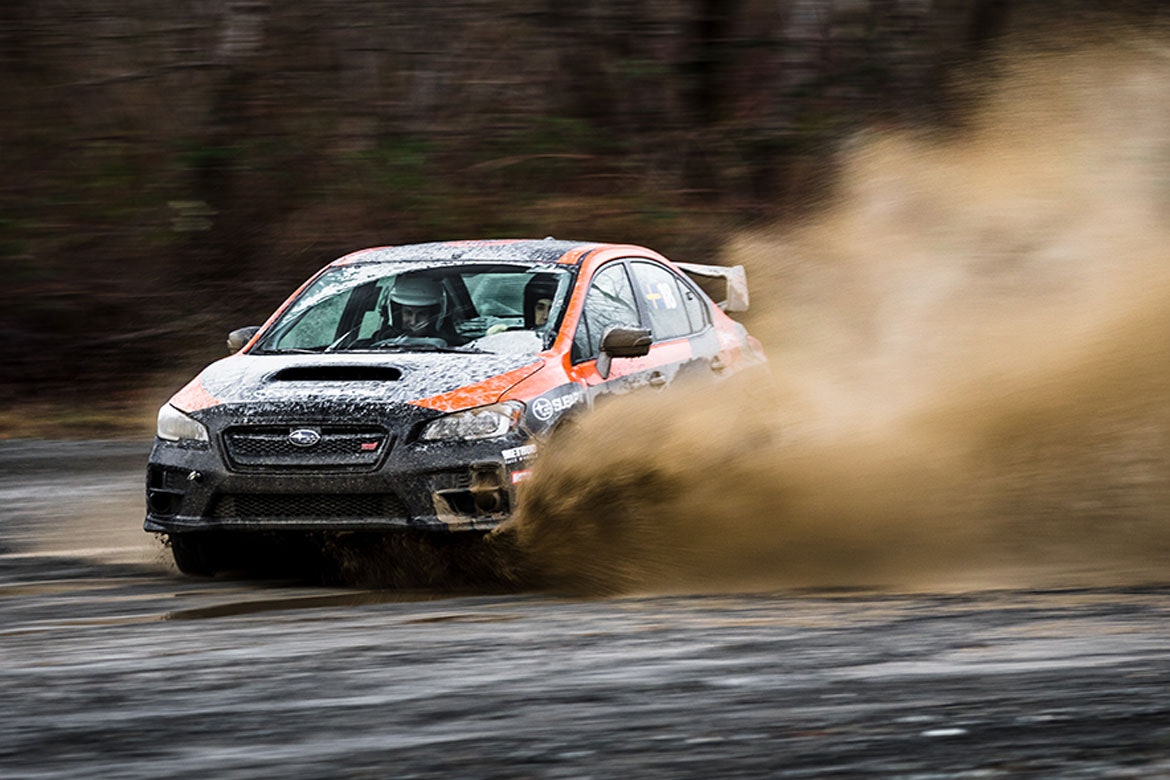Safari Rally CEO Phineas Kimathi has moved to quell concerns about the security situation for the World Rally Championship’s return to Kenya in July.
The Safari Rally, considered one of motorsport’s most prestigious events, is back on the WRC schedule this year for the first time since 2002. Mikael Ericsson driving a Toyota Celica in the 1990 event is pictured.
The rally’s host country Kenya however currently faces a terrorism threat from extremists linked to Al Shabaab, a militant group in bordering Somalia opposed to the Somali government.
Al Shabaab has issued public threats against Kenya due to Kenya’s military intervention in Somalia. Early this year, Al Shabaab released a public statement which included an intent to attack tourists in Kenya.
Security levels are among the manufacturers’ main concerns for the forthcoming event – especially for a 60-mile road section that takes the crews from the ceremonial start and superspecial in Nairobi out to Naivasha, where the service park is located.
One senior team member told DirtFish: “We have a lot of people, a lot of kit and a lot of cars running up that road and we’re looking for reassurances on the security front.
“We know we are a long way from Somalia and the border [with Somalia], but these groups of people who are making trouble can travel.”
The Somali border is 200 miles from Nairobi in a straight line and Kimathi was quick to dismiss concerns about terrorist groups.
“Security is our responsibility,” Kimathi told DirtFish. “The only thing we can tell is that they will be secure because we have a world championship event in our country.
“Kenya is a secure country with pockets of insecurity around the border with Somalia because there is no functional government in Somalia. Everybody knows that.
“We don’t stop because some radicals with illegal guns fire at some innocent civilians, but not where we are running the event. To me, without getting into any details, just to guarantee security will be tip top. We have better security than many cities in Europe.”
Asked if he could understand the teams’ concerns, Kimathi replied: “Human beings are known to fear the unknown. We understand where they are coming from because they don’t know Kenya, they don’t know Africa.
“I appreciate their fears. The bottom line is that we ran a successful candidate event and we brought virtually everybody from FIA to WRC [Promoter] and they were happy with what we did. It’s from that that we were granted full WRC status.
“There is no country with a functional government that is going to bid to hold such an event and not take care of security.”
Kimathi pointed to World Athletics’ decision to run a major championship at the Moi International Sports Centre in Nairobi as a vote of confidence in Kenyan security.
“The IAAF [International Association of Athletics Federations] has taken the world under-20 championship a week before the Safari Rally,” he added. “Now, if we do not have faith in our organizers as the rally, let us borrow a leaf from the IAAF, they are comfortable bringing the entire world to Nairobi.
“We have the best forces who have served in the United Nations, as peace-keeping forces in Bosnia and many other countries. Our forces are respected and they are able to safeguard the nation. When you talk about terrorism, there is more terrorism in many other parts of the world than Kenya.”
Beyond those security fears, Kimathi addressed concerns that parts of the route for the July 16-19 event remained without a contract as well as that some of the Kenyan event workers hadn’t been paid.
Kimathi said the only stage which was currently providing a headache was the Hell’s Gate stage, and that runs through a government-owned national park.
On the wider contract issue, he said: “Every landowner involved in this [event] has had an official discussion and we’ve agreed on exactly what they will get in terms of compensation for access to their land.
“We worked with them last year [on the candidate rally] and we have agreements with them like we have with the [WRC] promoter until 2022. We do not expect any issues when it comes to putting ink on paper.
“The law of Kenya is very clear. Contracts are not papers, you can enter into a contract in a conversation and it is binding. If I promise you I will give you a job and then I throw you out in three or four days then you can take me to court.”
According to Kimathi, the problem was even more straightforward regarding payment to local workers using Kenya’s mobile-phone based M-Pesa microfinancing service.
“In Kenya we have mobile money working everywhere. With this M-Pesa system, there are a few fellows who have come up with that story [about not being paid], but they have given their mother’s identity card number, so when you try to process this at the bank it bounces back.
“It’s a very, very elaborate system, if you don’t give your own ID [number], you can’t get the money. Some of these youngsters are university or college students who had not registered as adults for their ID, so they could not get the money through M-Pesa. These are isolated cases, the event is fully funded by the government.”
FIA rally director Yves Matton said the governing body was running the same due diligence with Kenya as it would with any event.
“We are monitoring with the local organizers the level of safety of the road section from Naivasha to Nairobi,” Matton told DirtFish. “But we are monitoring this for each country – maybe less for some countries. It’s normal for the FIA to follow this [process].
“I can tell you from the people who are going to Naivasha – and we have people going there nearly each month from the sporting task force – there is no problem in Naivasha and we will continue to follow in Nairobi. For the moment we haven’t had any signs about safety, but we closely follow it.”





